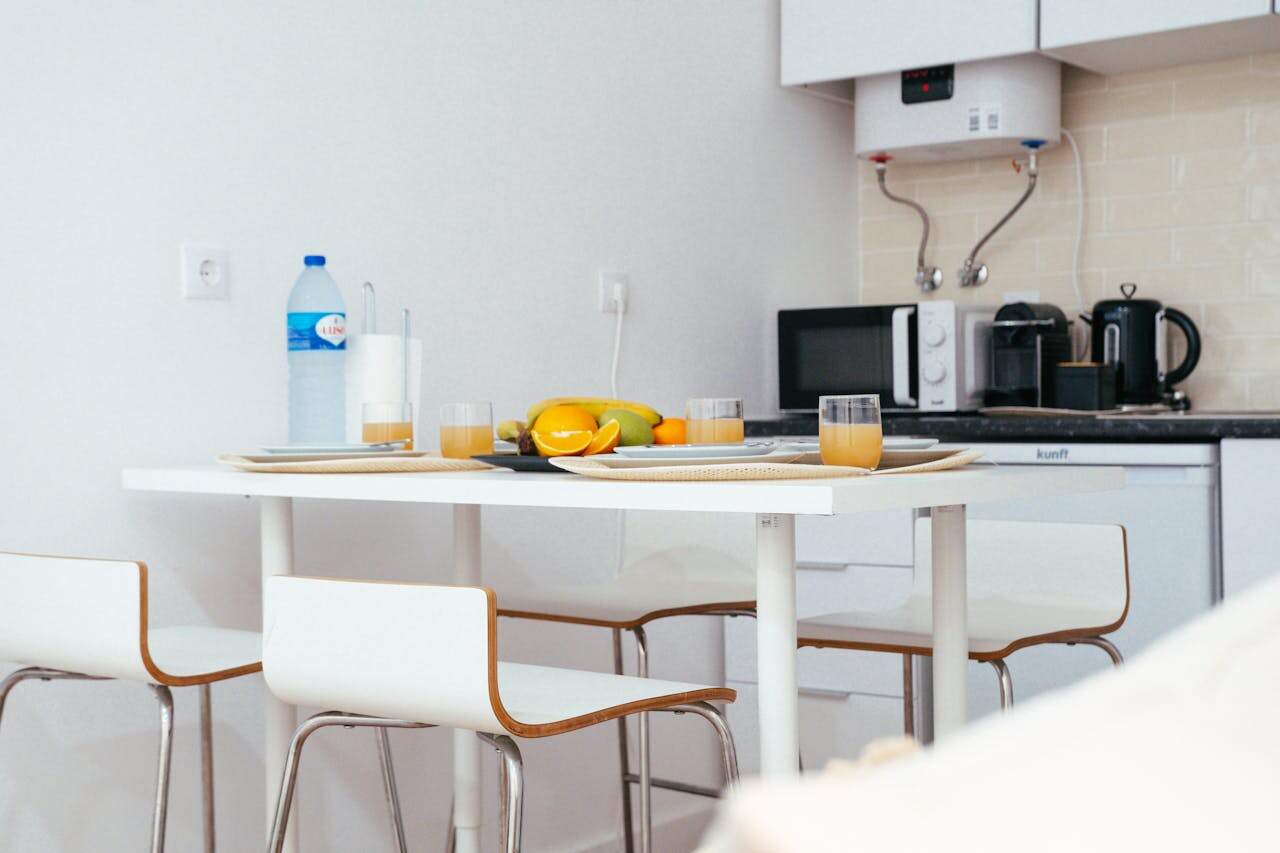
Having a reliable water heater can significantly enhance the comfort and functionality of any home. Imagine waking up on a chilly morning, eager for a warm shower, and discovering you only have cold water. A functioning water heater is crucial for daily tasks, providing hot water for everything from cooking to cleaning. Without it, routine activities can quickly become inconvenient.
In a place like Saratoga Springs, New York, where cold seasons can be particularly lengthy, the need for consistent hot water becomes even more important. Installing a new water heater not only assures comfort but also enhances the overall living experience. Whether you’re expecting guests or planning a cozy evening with family, having hot water readily available is a convenience no one wants to compromise on.
Enhanced Efficiency and Energy Savings
Modern water heaters are engineered with advanced technology to maximize efficiency. This means they can heat water faster and maintain it at the desired temperature without wasting energy. Here’s how you benefit:
– Energy-Efficient Design: New models are built to conserve energy by using innovative insulation methods and precision heating controls.
– Cost Savings: Efficient systems translate to lower energy bills over time, reducing your household expenses in the long run.
– Smart Technology Integration: Many new water heaters come with smart features that allow you to monitor and control energy usage easily.
Opting for a new water heater isn’t just a decision about convenience; it’s a choice toward smarter, energy-conscious living. Upgrading your unit not only cuts down energy consumption but also lessens your environmental footprint. With these advancements, your household will run smoother, and you’ll enjoy the peace of mind of knowing that you’re contributing to a sustainable future.
Improved Performance and Consistent Hot Water Supply
Upgrading to a new water heater can dramatically improve the performance of your hot water system. Modern units are designed to provide a steady supply of hot water without fluctuations. This means no more waiting for long minutes just to get the water to a bearable temperature. Whether you’re taking a shower, doing laundry, or washing dishes, you can expect a consistent flow of hot water that meets your household needs.
The benefits extend beyond the obvious comfort. A new water heater can make daily tasks easier and more pleasant. Think about hosting a family gathering in Saratoga Springs, where someone uses the shower while another runs the dishwasher, and there’s still hot water left. The advanced technology in newer models allows households to enjoy these conveniences without a hitch.
Increased Property Value and Warranty Benefits
Installing a new water heater can have a positive impact on your property’s value. Potential buyers often look for homes with modern, efficient appliances, knowing they won’t have to face the hassle of immediate replacements. A new water heater can be a selling point that contributes to a higher property valuation.
Additionally, new units usually come with extended warranties. This feature offers peace of mind, knowing you’re covered if anything goes wrong. It’s like having a safety net for your investment, ensuring that your home remains a comfortable haven without unexpected repair costs. The combination of increased property value and warranty protection makes for a smart upgrade for homeowners.
Environmental Benefits
Modern water heaters are designed with the environment in mind. They incorporate materials and technologies that minimize energy consumption while maximizing output, making them better for the planet. By reducing the energy required to heat water, these units help lower your home’s carbon footprint.
Choosing an Eco-friendly water heater supports a commitment to sustainable living. As households become more conscious of their environmental impact, having appliances that align with these values becomes a priority. Upgrading to a new unit not only benefits your home but also contributes positively to broader environmental goals, making it a responsible choice for future generations.
Why It’s Worth Installing a New Water Heater
Ready to elevate your home’s comfort and efficiency? Trust My Jockey for comprehensive water heater services that guarantee optimal performance and energy savings. Our expert team is dedicated to ensuring your Saratoga Springs residence benefits from the latest advancements in water heating technology. Contact us today to discuss how we can help enhance your property’s value and meet your hot water needs with reliability and ease.

No comment yet, add your voice below!